Children on the Edge envisions a world in which every child thrives regardless of their geography, ethnicity, gender, or caste. Sparked into life by the late Dame Anita Roddick in 1990, the children on the edge we served at the start were those incarcerated and forgotten in Romanian orphanages. Today, the “edge” takes us into refugee camps, warzones and slums, where we support children fleeing conflict, facing internal displacement, and living with caste discrimination, poverty, and exploitation. These children are cut off from the education and protection that every child deserves. In the past year, our objectives have focused on working together with local communities to create protective and nurturing environments so that marginalised children can flourish and thrive. OUR IMPACTSparks are flying and creating transformation in new areas, enabling over 22,000 children to learn, play, grow and thrive. We have been working with local communities within refugee crises, areas of conflict and slum communities. This involves:
Our programmes have a huge positive impact on the communities we support. This year three of our models of education and child protection were scaled and replicated to new places:
SUPPORTING CHILDREN IN REFUGEE CRISISChildren on the Edge is working in the world’s largest refugee camp in Bangladesh, the fastest growing refugee crisis in Uganda, and the largest refugee crisis, supporting Syrian children in Lebanon. This year we also rapidly responded to the largest refugee crisis in Europe since World War II, supporting Ukrainian families fleeing to border countries. Each refugee situation is different, and requires a bespoke approach. Working with over 19,000 refugee children this year, we focused on ensuring the highest quality provision for the most marginalised children, always working hand in hand with local communities.
This included our award winning digital education programme, which tackled language barriers by providing daily video lessons, and enabled children to connect with their peers beyond the confines of the camps. Digital education has rapidly improved learning progress and attendance, with the Moja Kids programme boosting confidence, and fast becoming the children’s favourite part of school. We replicated our digital programme to India and were invited by the Bangladesh government to be the first education providers on Bhasan Char island, establishing 10 model classrooms.
This year, through teacher training, the construction of learning centres and the scaling up of our Cluster Learning Model we have ensured that 10,490 children received quality, sustainable Early Childhood Education (ECE). We expanded our reach across half of the 81.5km2 settlement, growing from 736 children learning through cluster groups, to 3,378. We recorded significant progress in their social, emotional and academic development, and strengthened the community ownership and sustainability of the programme.
The school in Zahle has seen great progress in spite of the mounting challenges in the country. We have not only seen a 90% pass rate in general exams, but 14 Grade nine students crossed the border to take, and pass their Syrian high school exams. There has also been a notable increase in children’s confidence, with 100% interviewed saying they share their learning outside school and feel they can now have a better life.
In Romania, the provision of supply parcels each fortnight has become a lifeline for Ukrainian refugee families now other agencies have moved on, whilst 43 Ukrainian orphaned children at the residential centre we support, have grown in their sense of security and begin to recover from trauma. A newly established Community Hub had 500 people attending in the first month, with people growing in confidence and connection through a huge variety of activities including online school, family sessions and language lessons. SUPPORTING CHILDREN IN WARZONESConflict affected areas are among the worst places to be a child. Children face daily fear and insecurity coupled with higher levels of poverty and barriers to humanitarian support, education and nutrition. Armed conflict and violence weakens the protective environment that keeps children safe and enables them to thrive. This year, Children on the Edge has worked with local communities and dynamic partners to support some of the hardest to reach children, ensuring they have access to education, care and opportunities just to be children, despite the harsh realities they live through each day.
We have been able to increase our provision of humanitarian support, alongside the maintenance of 15 pre-school centres, which has been largely possible through strengthening community ownership. As a result we are seeing a significant improvement in parenting, and children not only progressing well in their learning, but beginning to recover from trauma and interact with their peers. AFGHANISTAN In Afghanistan, despite promises for a softer stance on women’s issues, the Taliban reneged on a promise to reopen high schools in March 2022, then indefinitely banned women from universities in December 2022. Children on the Edge has been supporting a dynamic teacher from Afghanistan, based in the UK, to provide an online school, not only for thousands of girls who are cut off from their education, but for boys who are negatively influenced by misogyny in the Taliban curriculum. Over 3,000 girls have been able to access online school and enjoy a wealth of subjects, many describing how the opportunity has saved them from despair since being shut out from their education. SYRIA In Syria, the decade-long civil war has resulted in the complete devastation of homes, communities and infrastructure, including the severe deterioration of the school system. Near Damascus, our partners in bordering countries provided support through a safe space that ensures high quality, holistic, supplementary education for over 520 children. The reputation of the centre has grown steadily in the community, and through expanding work into women’s support and grade nine education, they have seen improvement in attitudes to parenting and education, and excellent progress for the older students. SUPPORTING CHILDREN IN SLUM COMMUNITIESChildren on the Edge works with slum communities in Uganda, Bangladesh and India, where thousands of children live in unsafe environments, facing extreme poverty and exploitation. They are often denied their rights and struggle to access basic education. In these places, we work together with families, teachers and the local community to create protective environments, where children can safely live, play, learn, and grow.
Exams show that children made good progress in their learning, with five passing their Grade 10 exams through the facilitation of a national open schooling programme and 467 children transitioning to mainstream school. We also trained and resourced 1,091 women to strengthen protective environments for their children.
After seeing 10 years of transformation through our Child Protection Team model, we replicated it eight hours north in Karamoja, building local relationships and establishing six new teams. Child Protection Teams and Child Rights Clubs in Jinja continued to see huge transformation in their communities, handling hundreds of child protection cases and seeing improvement in livelihoods, hygiene, health, safety and a reduction in crime. 150 preschool students showed strong progress in reading and writing, learning how to keep clean, active and healthy for their growth and development and how to relate well with others. COX'S BAZAR & DOHARAZI ENCLAVES, BANGLADESH In Bangladesh, children in the slums of Cox’s Bazar and Rohingya refugee children in the Doharazi enclaves face financial and practical challenges to attending school, and often have to work to support their families. This year we supported 1,700 of these children to access primary education with the official curriculum, in bright classrooms surrounded by green play spaces. These children are also part of our digital education programme, and enjoy participation in the Moja Kids platform. We had a 100% pass rate in the final tests, meaning all the children can progress to the next grade. Digital lessons continue to increase attendance, engagement and comprehension and we had very positive feedback from parents, children, teachers and a government visit alike. THE NUMBERS2022-2023 saw record income and expenditure levels for Children on the Edge. By raising and spending more than any other year we were able to help more children than ever before.
We end the year in a strong position to serve the needs of the most marginalised and vulnerable children around the world. This is only possible because of the ongoing generosity of supporters, from one-off donors to those who give every month, businesses of all sizes, trusts and institutional funders, as well as those who give their time. We deeply appreciate every single one of you. Thank you. For every £1 donated to Children on the Edge, 89p is spent on our projects supporting marginalised children, and 11p is spent on fundraising the next £1.
FUNDRAISING HIGHLIGHTS We were blown away to see so many trusts, foundations, groups, schools and individuals come together in support of our work with Ukrainian refugee families in 2022. 81-year old Major Mick took to the local waterways, sailing over 100 miles in his homemade ‘Tintanic II’ vessel - made of sheets of corrugated iron. Mick raised more than £10,000 for our appeal. The wonderful team at Tuppenny Barn in Emsworth hosted a ‘Gardeners' Question Time’ with a panel of green-fingered legends, including Arit Anderson from BBC Gardeners' World. We are grateful for all the challenges and events hosted by so many schools and groups in support of Ukrainian refugees this year. Inspiring retailers on the high street and online have also partnered with Children on the Edge to donate funds from sales; including Scarlett Jewellery, The Little Botanical.The Body Shop also donated funds from every sale of their Christmas products in the winter of 2022. The impact of the media coverage of Ukrainian refugees inspired many more customers to donate through Pennies at Montezuma’s stores; these ‘micro-donations’ rose to £41K in 2022/23, a 250% increase on 2021/22. Our Big Give in December raised awareness and support for our work with Rohingya refugees in Bangladesh. With thanks to matching funders Pacific Star Charitable Trust and the Coles-Medlock Foundation, we were able to connect with new donors, inspire 64 donations and raise an incredible £57,638 during the campaign. We were honoured to win The Big Give’s award for Best International Charity in 2022. THANK YOUThe spark that began us is still in motion to this day. It comes from a disruptive dedication to seeking out those who are truly on the edge of our societies, and supporting them to thrive.
This can only happen with the generosity of our faithful community of supporters. Whether inspired by our original spark, or the catalysts for change we see today, we deeply appreciate you standing with us, and standing with those children who are most on the edge. Support us
0 Comments
Your comment will be posted after it is approved.
Leave a Reply. |
RECEIVE OUR EMAILSBlog Categories
All
Archives
July 2024
|
|
JOIN US ON SOCIAL MEDIA
|
Annual Report | Contact Us | Jobs | Media Centre | Resources | Shop
Accessibility & Policies: Accessibility | Equity, Diversity & Inclusion Policy | Complaints| Privacy Policy | Safeguarding
Accessibility & Policies: Accessibility | Equity, Diversity & Inclusion Policy | Complaints| Privacy Policy | Safeguarding
Children on the Edge, 5 The Victoria, 25 St Pancras, Chichester, West Sussex, PO19 7LT, UK | 01243 538530 | [email protected]


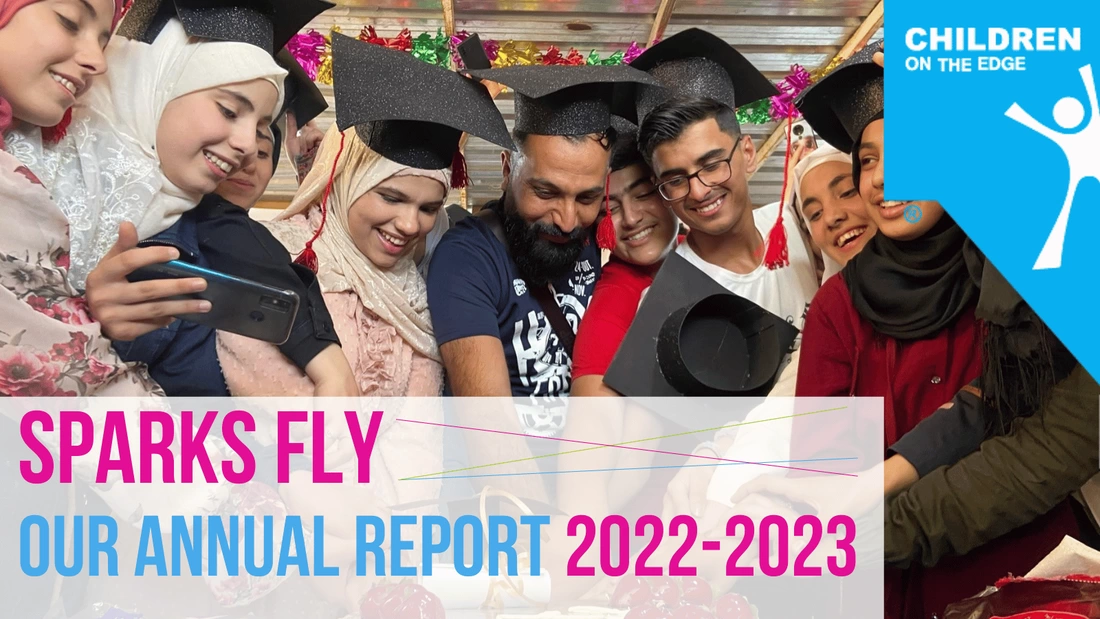
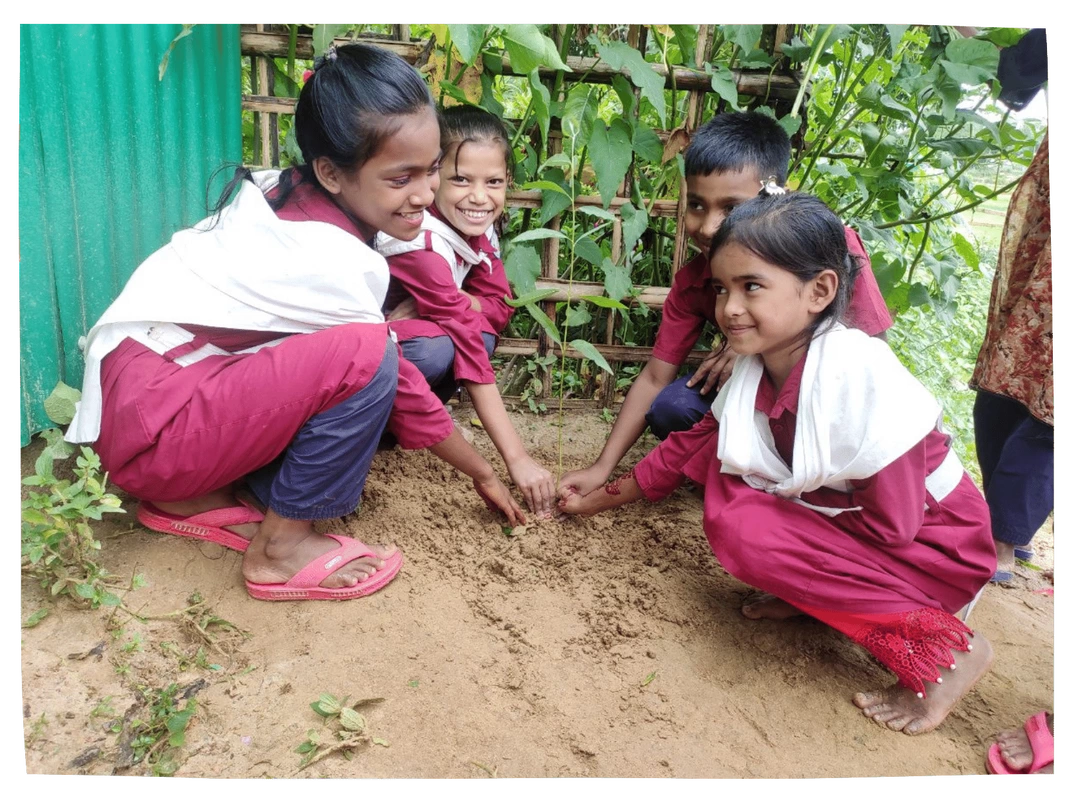
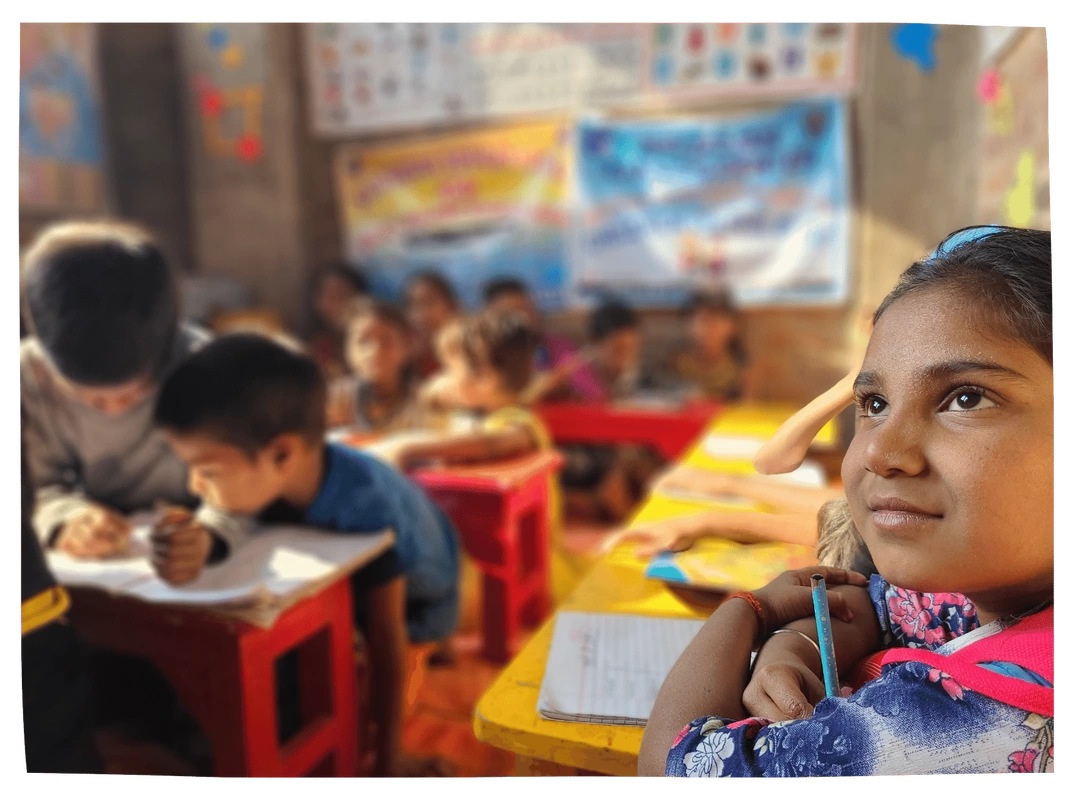
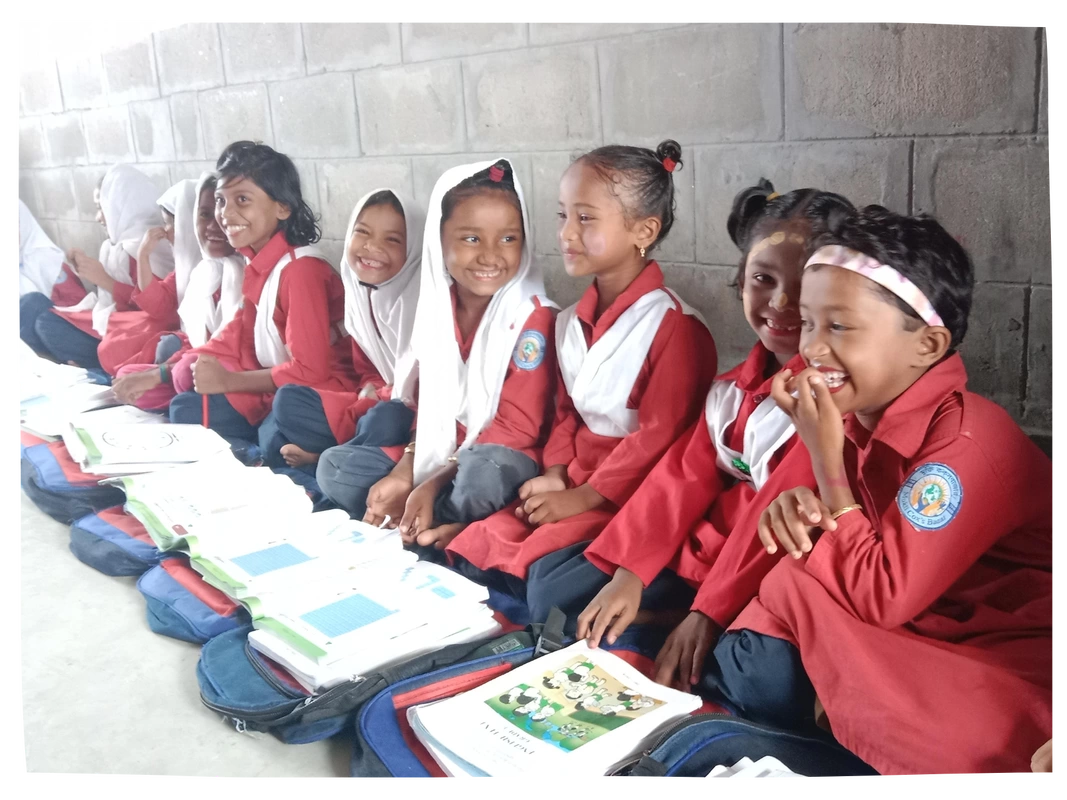
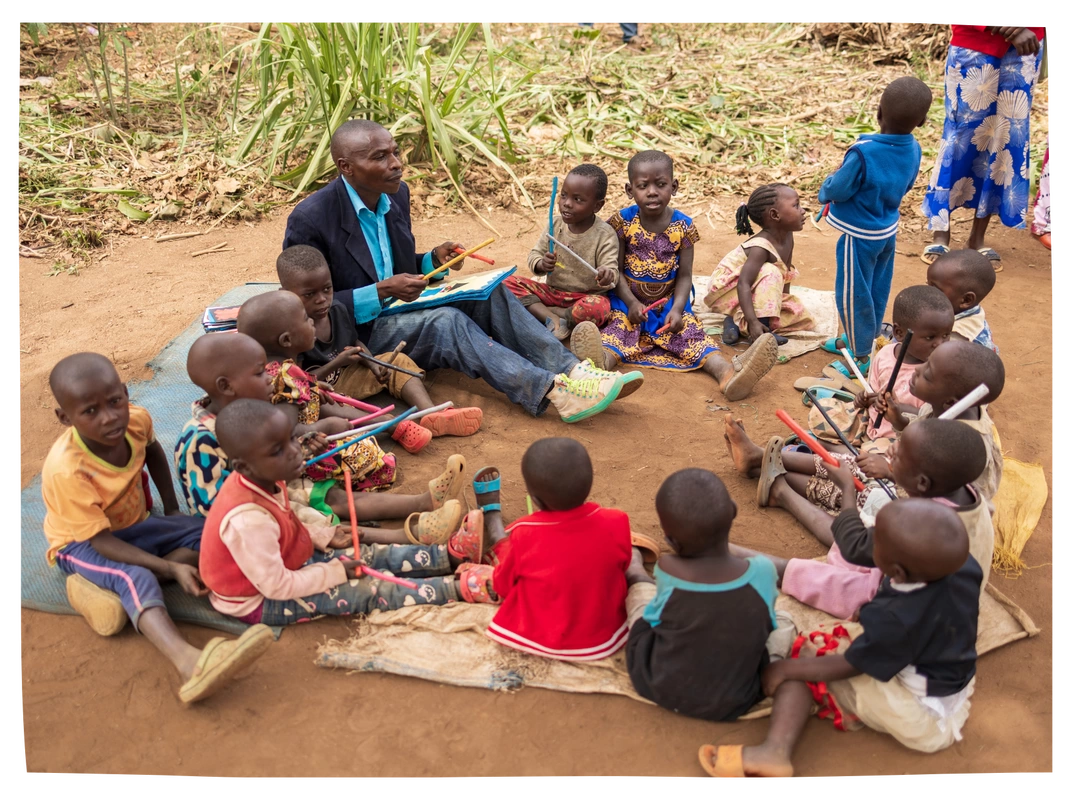
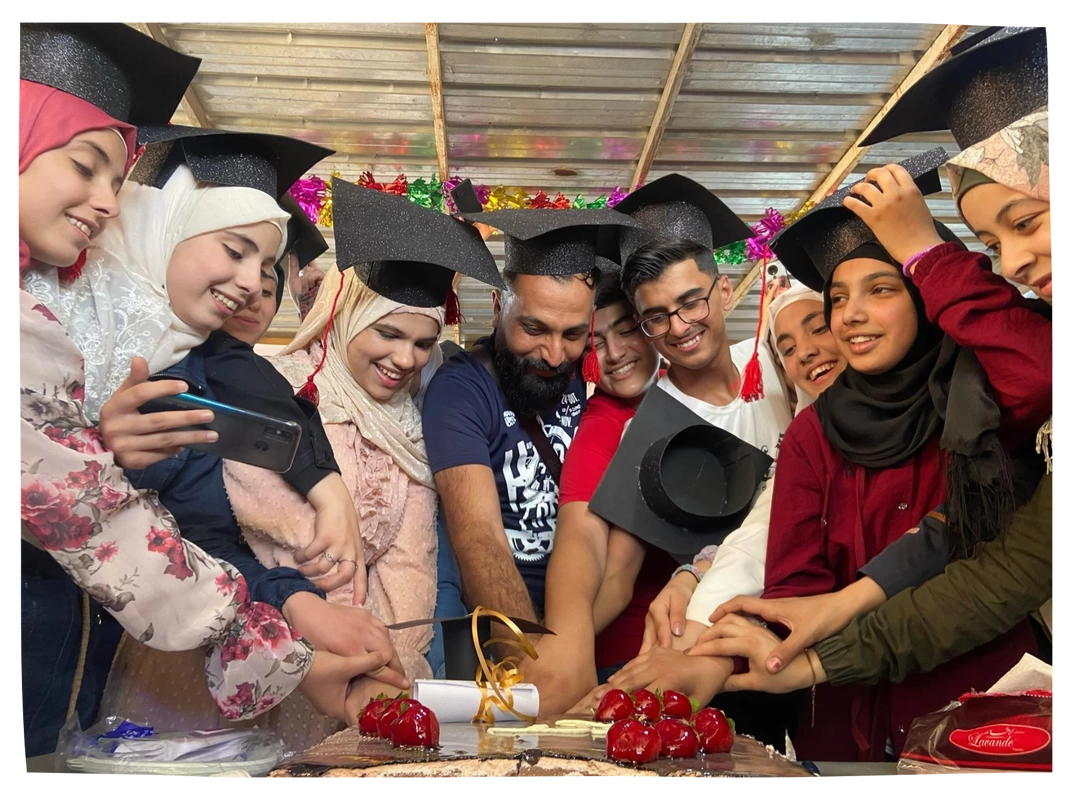
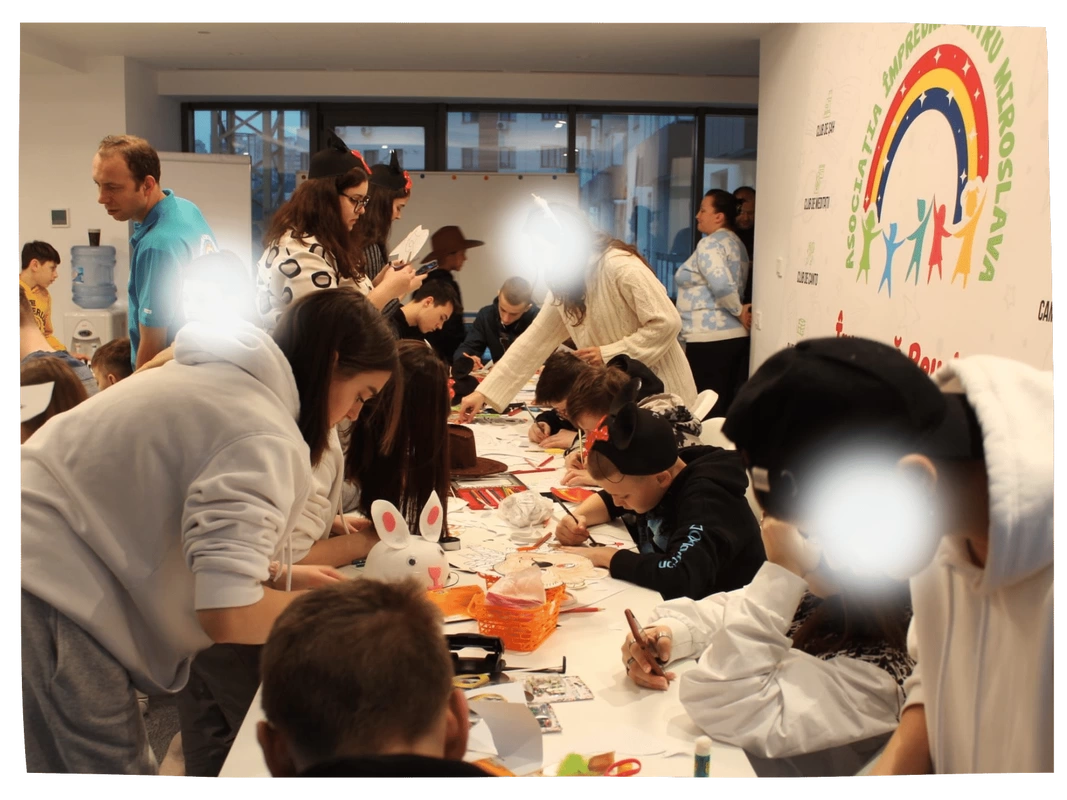
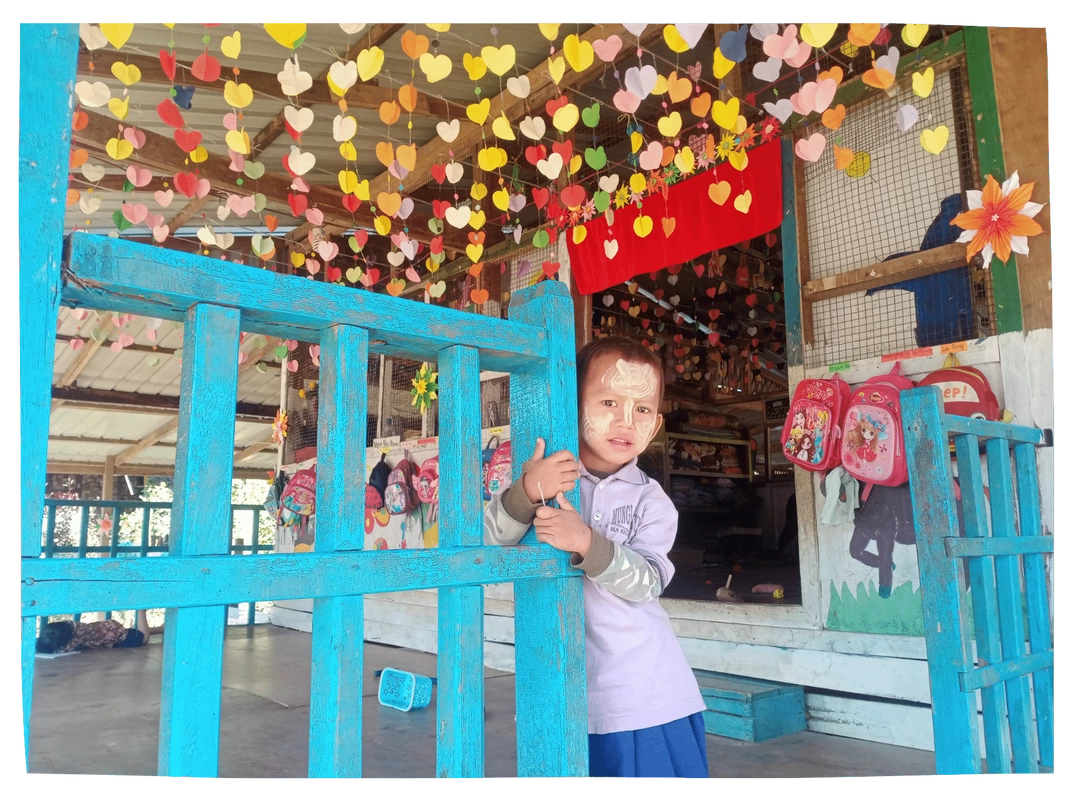
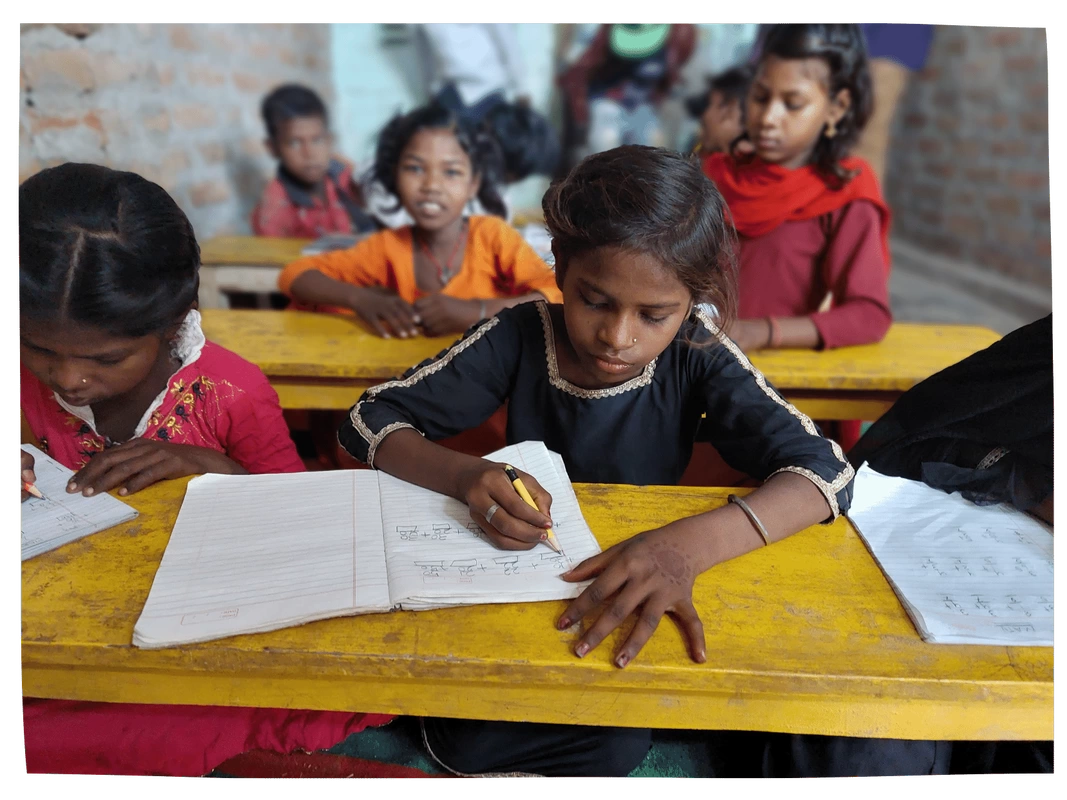
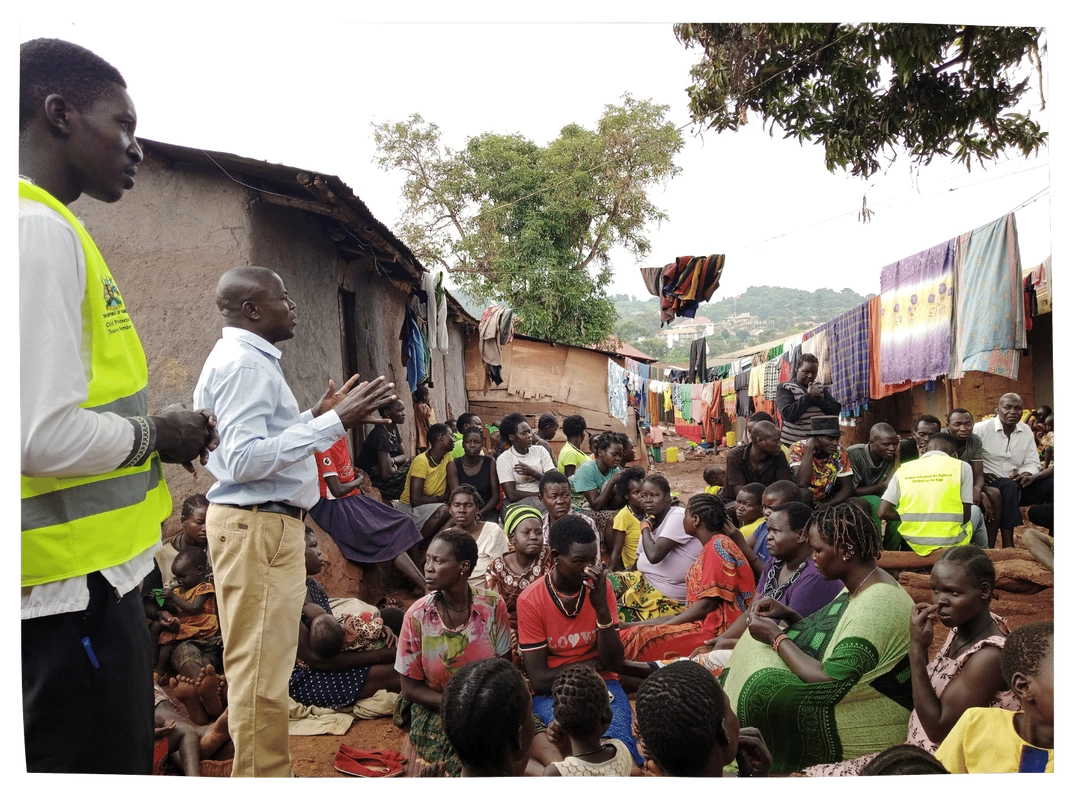

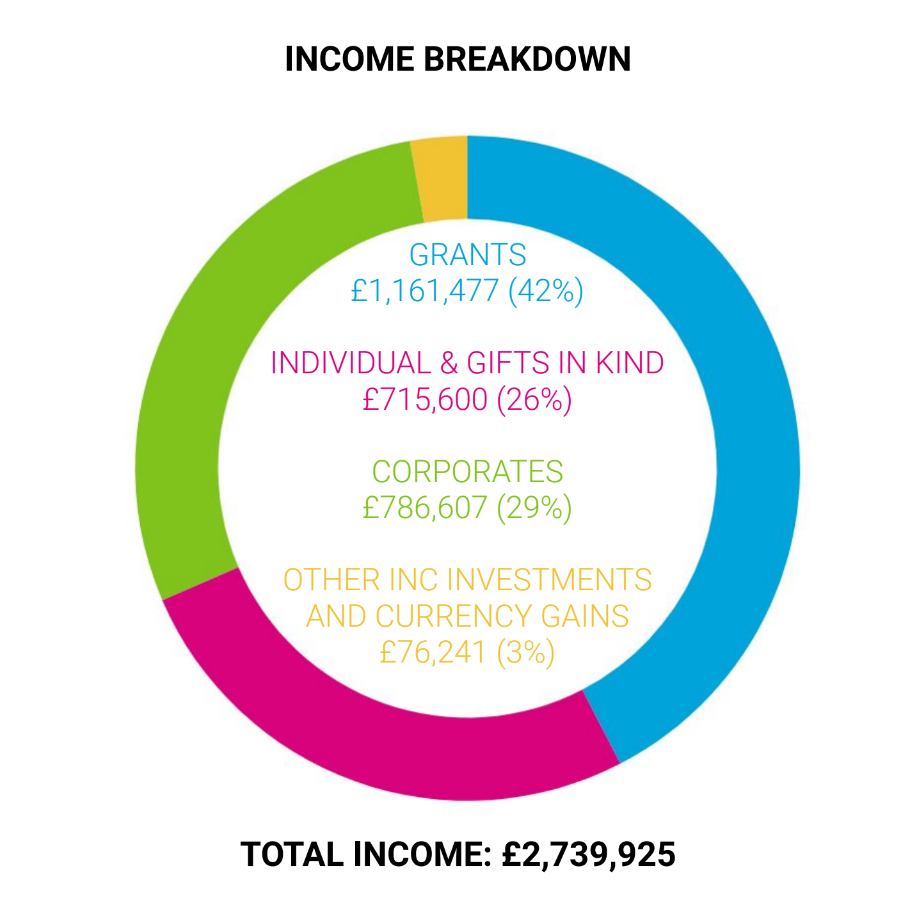
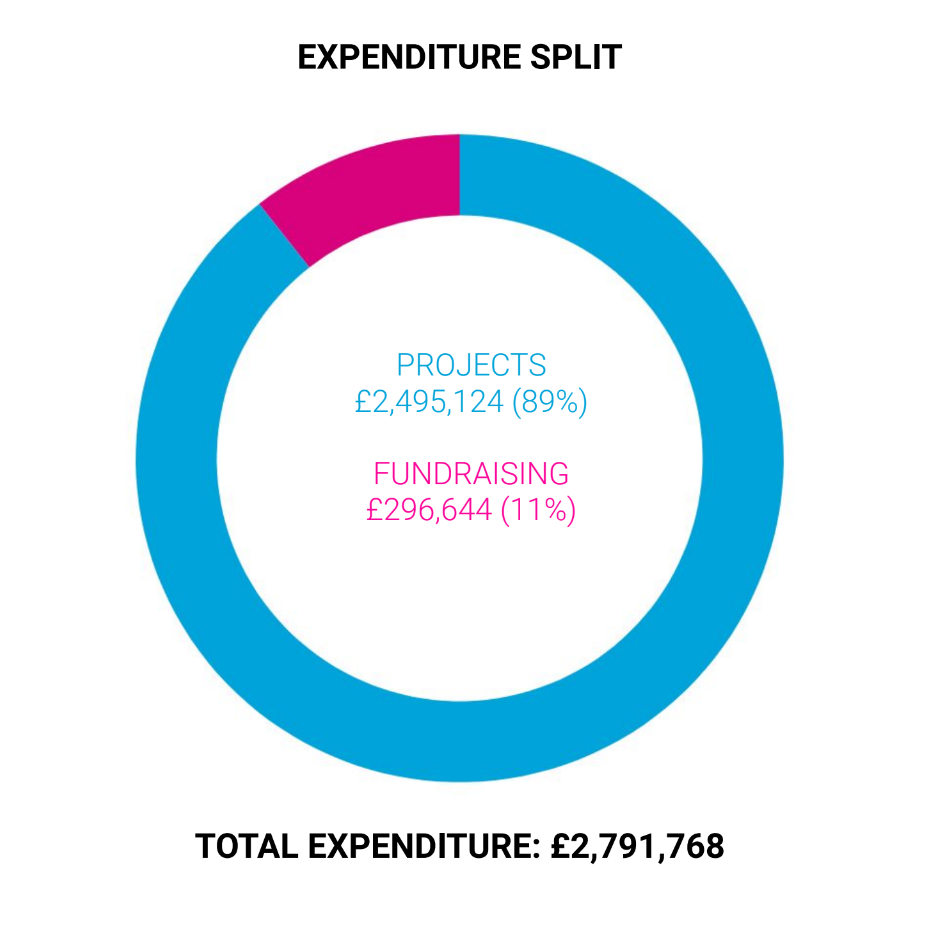
 Give monthly
Give monthly Fundraise for us
Fundraise for us RSS Feed
RSS Feed
